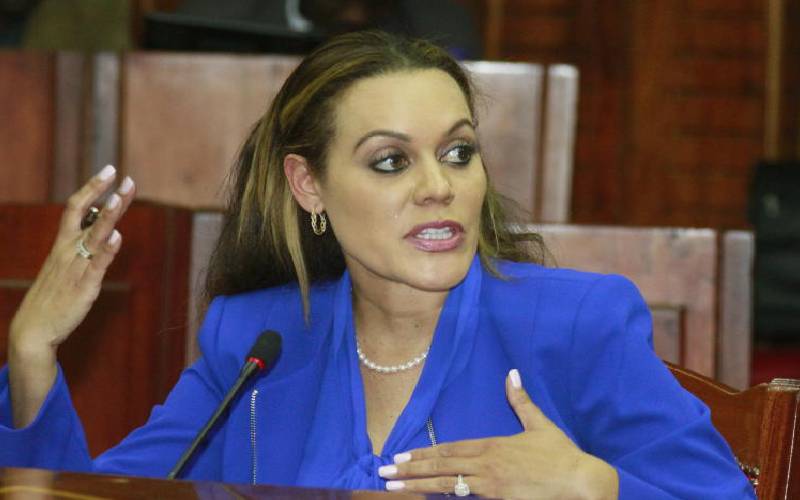
All great societies are founded on functional families. In Africa, this is more pronounced due to our communal nature of doing things. The ubuntu spirit of "I am because we are" has its foundation on families. The preamble of the Kenyan Constitution 2010 captures this very well, where as a people, we are committed to nurturing and protecting the well-being of the individual, family, community and the nation.
Article 45 of the Constitution states that the family is a natural and fundamental unit of the society and the necessary basis of social order and shall enjoy the recognition and protection of the State. Parties to a marriage are treated as equals and any adult is free to marry any person of their choice, as long as they are of the opposite sex.